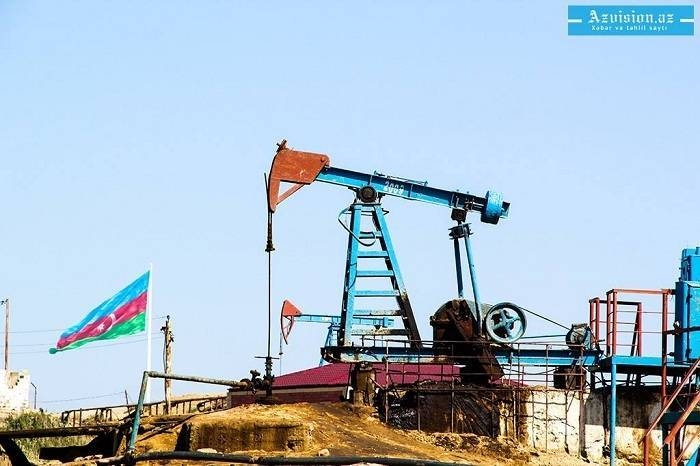China bought up so much oil during April and May’s oil price crash that now they don’t know what to do with it all. A huge volume of the purchases that Beijing made when the market was down are just now coming into port, and China simply can’t get them all into storage fast enough.
And as China’s seas fill up with oil tankers, the country’s onshore storage tanks are filling up too--and they’re getting dangerously close to overflowing. As China’s own Caixin News reported earlier this week, “as of Wednesday, China had used up 69% of its crude oil storage capacity with the 33.4 million tons it had stockpiled, up by 24% from the previous year, according to data from energy information provider Oilchem China. That’s only 1 percentage point away from the 70% threshold that experts view as the country’s capacity limit.”
This week, Bloomberg told the story of just one of these ships currently crowding Chinese ports. “Leaving behind the waters of the Caribbean Sea, the 1,100-feet long oil tanker Maran Apollo is emblematic of the wider petroleum market,” the report begins. “Steaming at 11.5 knots, she’s heading toward China, where oil demand is fast recovering, hauling a cargo of two million barrels of U.S. crude. But her voyage didn’t start a few days ago. She loaded in early May, and with no buyers during the worst of the coronavirus outbreak, the supertanker stood floating in the U.S. Gulf of Mexico for almost two months, waiting for better times.”
The fact that Maran Apollo has now departed for Rizhao, China is a promising one, indicating that refiners are finally starting to demand more crude that has been sitting unwanted for months out at sea. But it’s not just any kind of crude. In order to really understand the oil industry’s uneven recovery, you have to look a little closer.
“Refiners are competing for barrels in one corner of the market known as medium-heavy sour crude -- barrels with a higher content in sulfur and relatively dense. It’s the kind of oil that Saudi Arabia and its allies pump. And also the type of crude that’s pumped offshore in the U.S. Gulf of Mexico -- and that’s what’s in the Maran Apollo’s tanks.” Bloomberg compares different kinds of crude oil to different vintages of wine. “Urals of Russia and Arab Light from Saudi Arabia are normally two of the most widely consumed -- think Cabernet Sauvignon, maybe a Merlot. But in today’s oil market, such crude is in increasingly short supply due to record output cuts by the two nations and their allies.”
The production cuts from OPEC+ don’t just remove any old crude oil from the oversaturated market, they remove the most in-demand kinds of crude, and its absence has caused problems for an energy industry trying to get back to business-as-usual. “Deep OPEC+ cuts and demand recovery have tightened balances and this has been reflected in improvements in physical differentials,” Bassam Fattouh, director of the Oxford Institute for Energy Studies, was quoted by Bloomberg. “But the recovery has not been even, with medium-sour crudes faring better than light-sweet crudes.”
The shortage of medium-sour crude, and “particularly those known as light sweet crude that have a lower sulfur content and are less dense” has also upset conventional price brackets for crude oil. Usually, these barrels are plentiful and inexpensive, but as austere production cuts have removed so much medium-sour crude supply from the market, these barrels’ prices have soared.
While recovering oil prices can be seen as a sign of success for OPEC+ and their production curbing strategies, they don’t necessarily indicate a healthy market for oil. “Not only is medium-heavy sour crude trading at a premium to benchmarks, but barrels for immediate delivery are commanding premiums to forward contracts, a price pattern known as backwardation that also reflects a tight physical-market,” writes Bloomberg. As the world slowly returns to normal, markets will have to absorb the often unpredictable impacts of economic intervention like stimulus packages and production cuts on top of all the other externalities of economic recession. No one said the road to recovery would be easy.
oilprice.com
More about: crudeoil
















































